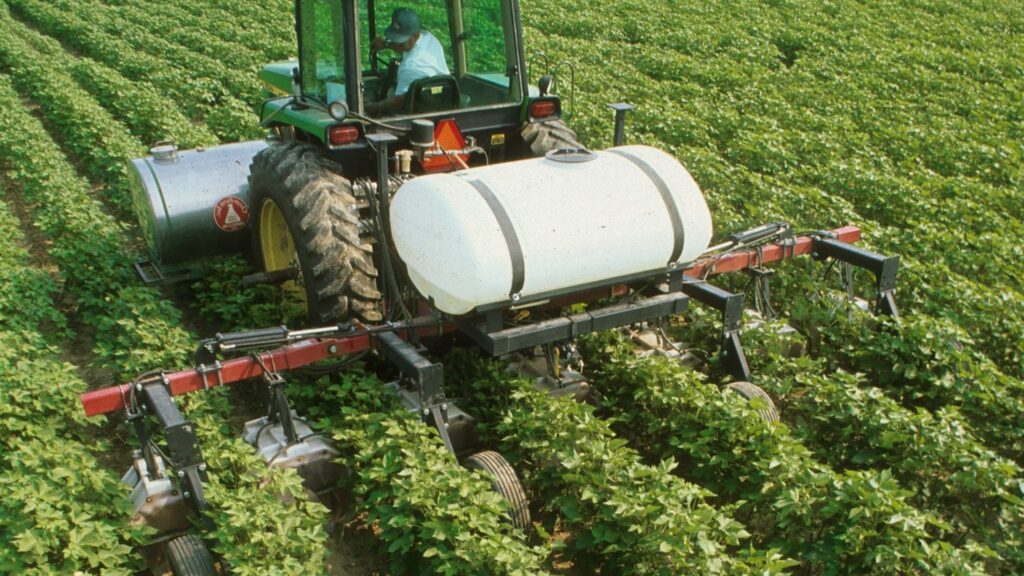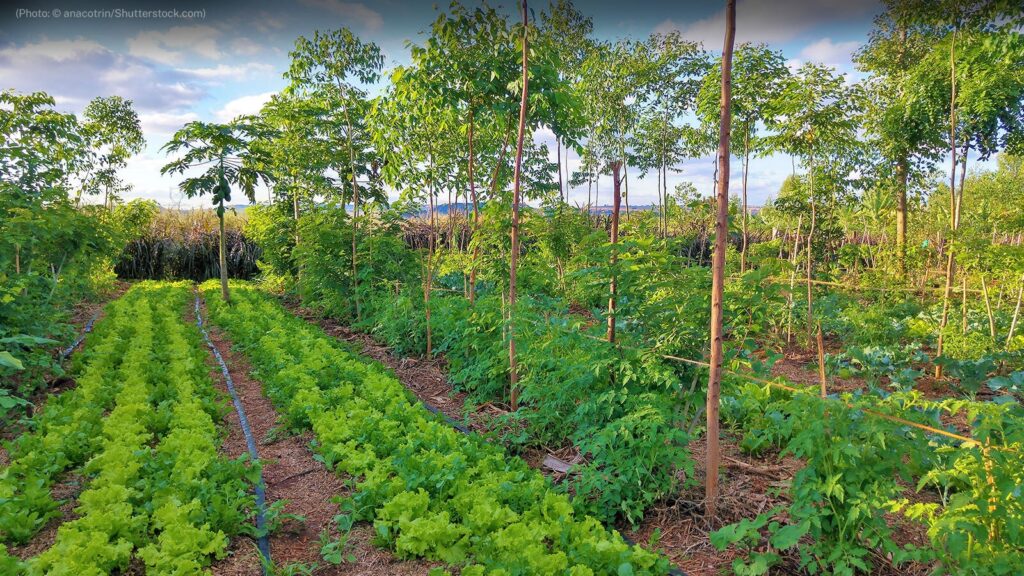In recent years, the world of agriculture has undergone a profound transformation, thanks to the integration of advanced technology and data-driven solutions. This revolution, often referred to as “AgTech 2.0,” has significantly impacted crop management practices, resulting in improved yields and sustainable farming. In this article, we will delve into the exciting realm of Crop Management 2.0.
Introduction
In the past, agriculture relied heavily on manual labor, intuition, and unpredictable weather patterns. Farmers faced numerous challenges, from pest infestations to water scarcity, making it challenging to optimize crop yields. However, the emergence of AgTech has paved the way for a more efficient and productive era in agriculture.

The Evolution of Agriculture
Agriculture has come a long way from its humble beginnings. We’ve witnessed the shift from subsistence farming to large-scale commercial agriculture. While these changes have brought increased production, they have also placed immense pressure on natural resources and the environment.
Challenges in Traditional Crop Management
Traditional crop management faced several limitations, including:
- Resource Inefficiency: Conventional farming often resulted in the inefficient use of resources, such as water and fertilizers.
- Uncertainty: Farmers were at the mercy of unpredictable weather conditions and pest outbreaks.
- Data Gap: The lack of data-driven insights made it challenging to optimize farming practices.
The Role of AgTech in Crop Management
AgTech, short for Agricultural Technology, has emerged as a savior for modern agriculture. It encompasses a wide range of technologies and innovations aimed at making farming smarter and more sustainable.
Precision Agriculture: A Game-Changer
Precision agriculture utilizes data and technology to tailor farming practices to specific conditions within a field. This approach optimizes resource allocation and minimizes waste, leading to higher yields and reduced environmental impact.
Smart Farming Practices
AgTech enables farmers to employ smart farming practices, including:
- Automated Machinery: Self-driving tractors and harvesters can work around the clock, increasing efficiency.
- IoT Sensors: These sensors monitor soil conditions, crop health, and weather in real-time, providing valuable insights.
Data-Driven Decision Making
Data is the backbone of AgTech. Farmers can now make informed decisions based on data analysis. This includes selecting the right crops, adjusting irrigation schedules, and even predicting market demand.
Sustainable Crop Management
AgTech promotes sustainability by reducing resource wastage and minimizing the environmental footprint of agriculture. It encourages practices like no-till farming, which conserves soil and reduces erosion.
Weather Forecasting and Predictive Analytics
Accurate weather forecasting, combined with predictive analytics, allows farmers to prepare for adverse weather conditions and optimize planting and harvesting schedules.
Crop Monitoring with Drones
Drones equipped with cameras and sensors provide a bird’s-eye view of fields, enabling farmers to detect issues like pest infestations or nutrient deficiencies early.
Irrigation Management
Smart irrigation systems, connected to weather data, ensure that crops receive the right amount of water, reducing water wastage and improving crop health.
Crop Health and Disease Detection
AgTech tools can detect signs of crop diseases or nutrient deficiencies before they become widespread, enabling timely intervention.
Market Access and Supply Chain Optimization
Digital platforms and apps facilitate direct access to markets, eliminating intermediaries and ensuring farmers get fair prices for their produce.
The Future of Crop Management
The future of crop management is promising. As AgTech continues to evolve, we can expect even more sophisticated solutions, from autonomous farming robots to AI-driven crop recommendations.
Conclusion
Crop Management 2.0, powered by AgTech, is transforming agriculture into a data-driven, sustainable, and highly efficient industry. With technology at their fingertips, farmers can maximize yields while minimizing the environmental impact. As we move forward, the integration of AgTech will play a pivotal role in addressing the global food security challenge.



